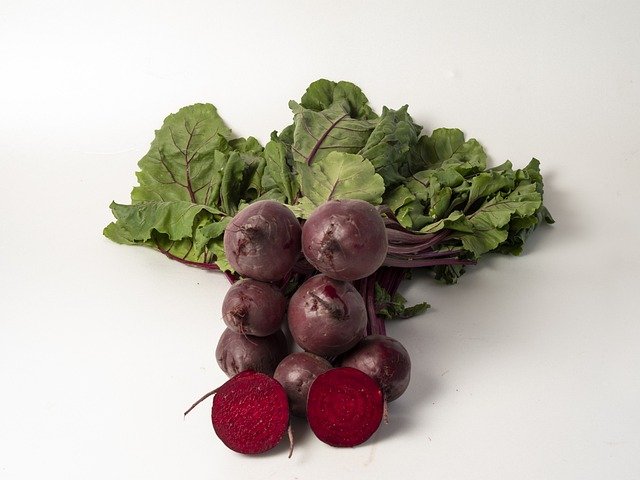The most suitable alternative to fresh beets is pickled beets. But, it is often linked as a mode of consumption for diabetics. So, are pickled beets good for diabetes?
We will know it all here.
They have higher constituents of nutrients offering several benefits to health as their fresh alternatives; however, they even have a longer shelf life.
But pickled beets have higher constituents of salt and sugar, so it may lead you to wonder whether they are good for diabetics.
Comprised Of Beneficial Compounds
Beets consist of rich sources of polyphenol and flavonoid antioxidants that help safeguard your body against diseases by warding off the unstable molecules often considered free radicals.
One of the top 10 plants for antioxidant activity is beetroot.
The two polyphenols known as betanins and betalains, which give this vegetable its deep red color, are particularly abundant in them.
So, do pickled beets have a lot of sugar?
Pickling, however, lowers antioxidant levels by 25-70%. As a result, pickled beets have a lower antioxidant capacity than other beet preparations.

While saponins may improve immunological and cardiovascular health, nitrates can decrease blood pressure and improve athletic performance.
Health Benefits Of Pickled Beets
- Boosting The Health Of The Heart
The pickled beets are rich in nitrates naturally that are used by your body by converting them to nitric oxide.
These are the molecules that aid in dilating the blood vessels and therefore safeguarding against high blood pressure.
According to the studies, it is noted that beet products can help in reducing blood pressure levels significantly.
But, its effect lasts only a couple of hours; therefore, you must consume food rich in nitrates and regularly prolong its effects.
Nitrates can also aid in preserving endothelial functionalities.
The endothelium is a thinner membrane lining within the blood vessels to aid in regulating blood clotting and immune functionalities.
- Enhances Digestion
The beneficial bacteria on the skin of the beets break down the sugars over days to produce pickled beets that have undergone natural fermentation.
Probiotics may help lessen gas, constipation, and bloating and defend against toxins and dangerous microorganisms.
Additionally, they could help with the signs and symptoms of conditions, including Crohn’s disease, ulcerative colitis, and inflammatory bowel syndrome (IBD).
- Boosts Your Physical Performance
The pickled beets consist of nitrates that aid in improving athletic abilities by enhancing the muscles’ power and performance. So, how many pickled beets should I eat a day?
According to the studies, it is seen that beetroot juice increases our performance with greater endurance during high-intensive exercises.
But, these effects appear stronger with the individuals who are not trained and are generally observed with beetroot juice and not pickled beets.
It is still being determined what number of pickled beets you will have to consume to check out the similar effects.
- It Helps To Regulate Your Blood Sugar
Beets that have been pickled may help to reduce blood sugar.
According to some research, most pickled beet variants are produced using vinegar, which may lower insulin and blood sugar levels after meals.
According to experts, the nitrates and antioxidants in beets also control blood sugar levels.
In one research, concentrated beetroot juice produced less of a rise in blood sugar and insulin levels than a beverage with the same amount of sugar.
Other research, however, was unable to reach the same conclusion.
Furthermore, none of this research looked directly at how pickled beets affected insulin and blood sugar levels.
Consequently, additional investigation is required.
The Bottom Line
So, are pickled beets good for diabetics? We have answered most of the details associated with it, along with the different benefits associated.
But, for more information, you should consult with your doctor.